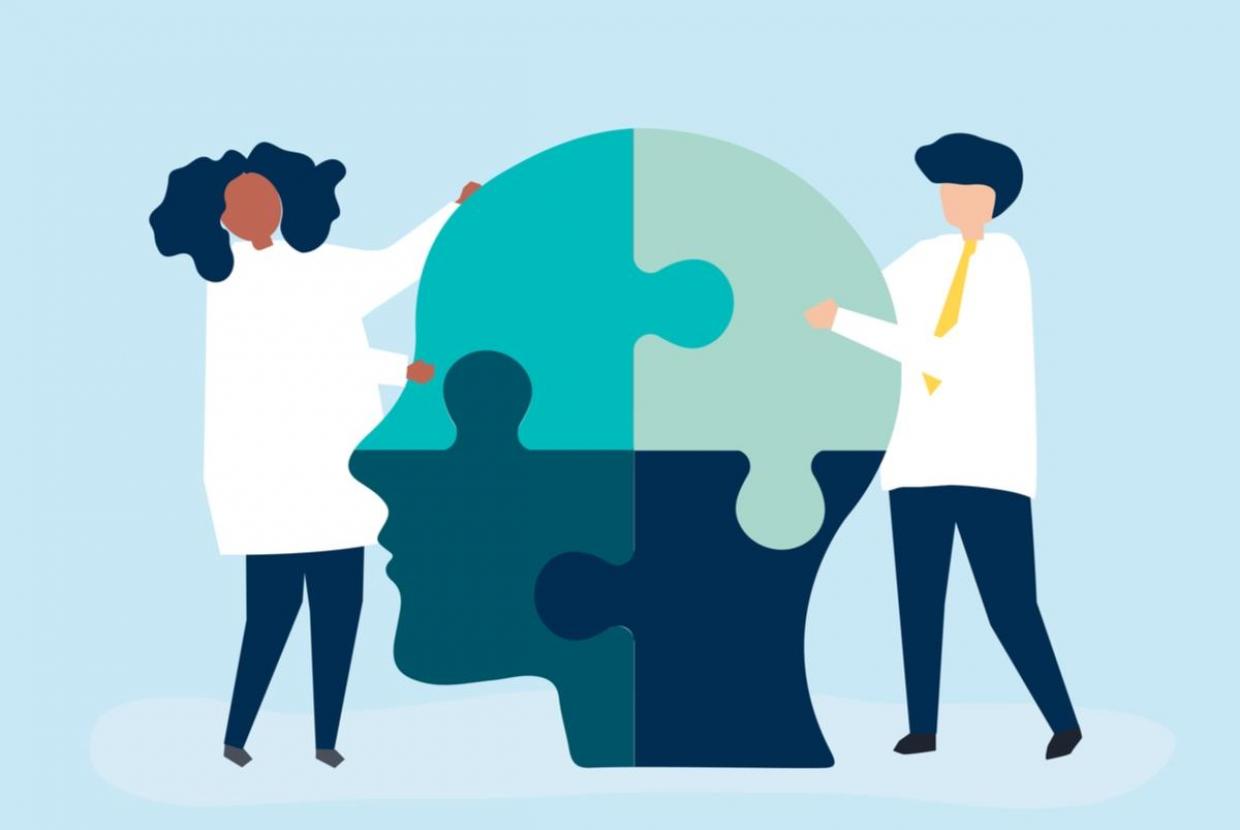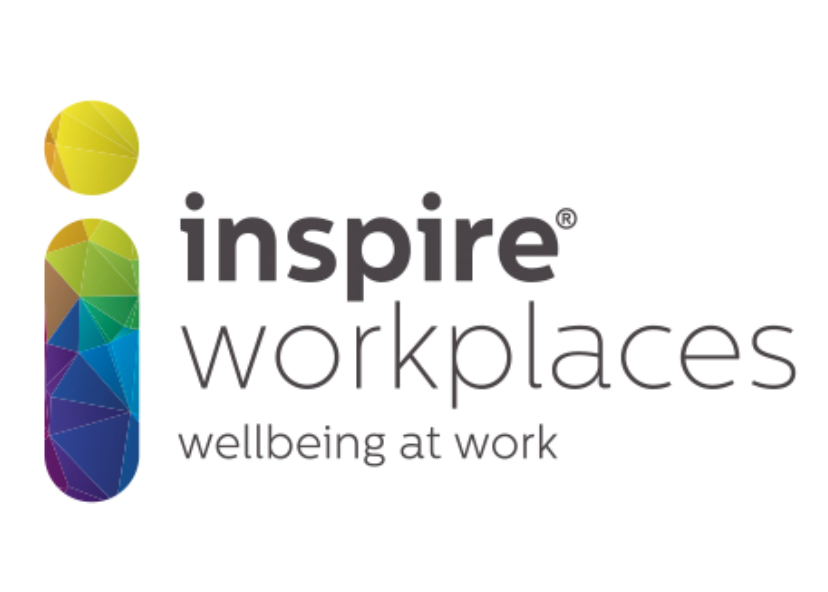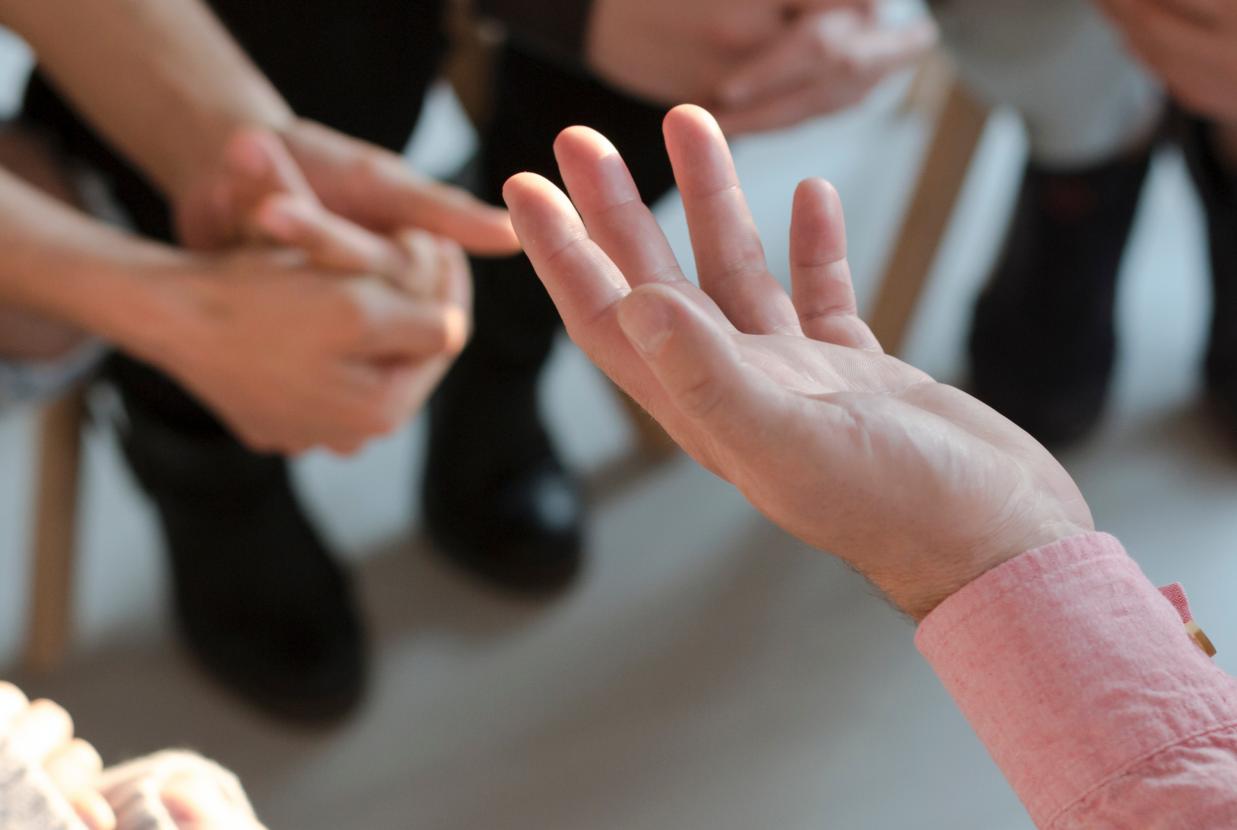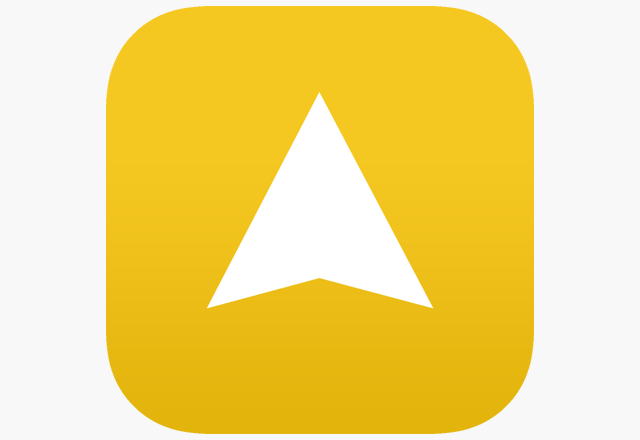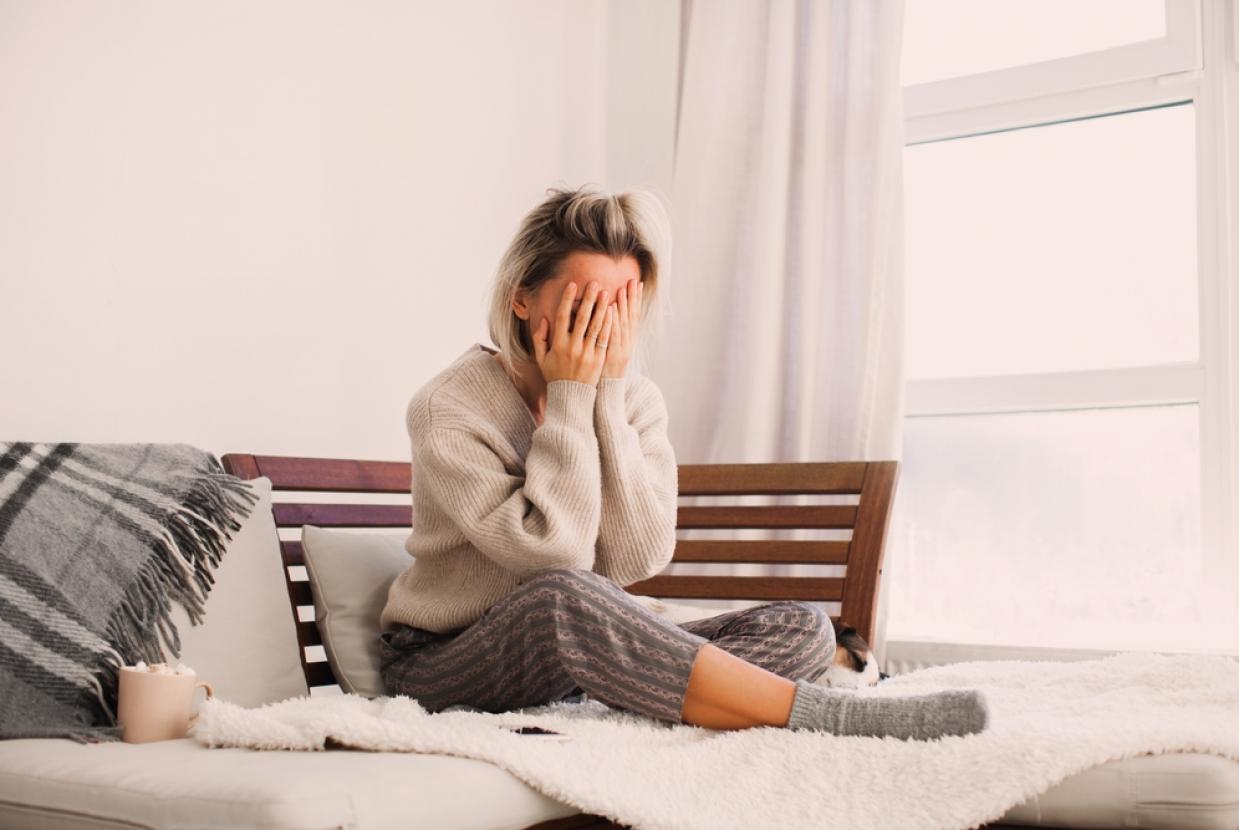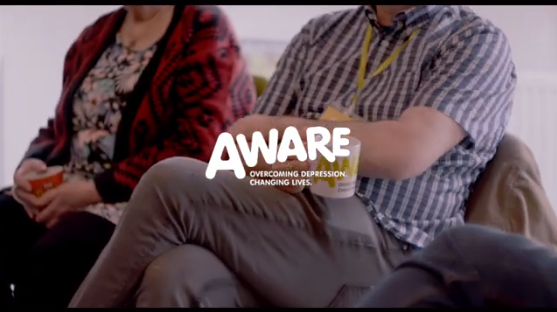World Mental Health Day: Living With Depression
Mental HealthThere are some key steps you can take to lift your mood and help your recovery from depression.
Taking your medicine
It's very important to take your antidepressants as prescribed, even if you start to feel better. If you stop taking them too soon, your depression could return.
Talk to a doctor or pharmacist if you have any questions or concerns about the medicine you're taking. The leaflet that comes with your medicine will have information about possible interactions with other medicines or supplements.
Check with a doctor first if you plan to take any over-the-counter remedies such as painkillers, or any nutritional supplements. These can sometimes interfere with antidepressants.
Diet and exercise
Exercise and a healthy diet can make a significant difference to how quickly you recover from depression. Both will improve your general health as well.
A healthy diet can help lift your mood. In fact, eating healthily seems to be just as important for maintaining your mental health as it is for preventing physical health problems.
Research suggests that exercise may be as effective as antidepressants at reducing the symptoms of depression. Being physically active can lift your mood, reduce stress and anxiety, encourage the release of endorphins (your body's feel-good chemicals) and improve self-esteem. Exercising may also be a good distraction from negative thoughts, and it can improve social interaction.
Mindfulness
It can be easy to rush through life without stopping to notice much. Paying more attention to the present moment – to your own thoughts and feelings, and to the world around you – can improve your mental wellbeing. Some people call this awareness "mindfulness", and you can take steps to develop it in your own life.
The National Institute for Health and Care Excellence (NICE) recommends "mindfulness based cognitive therapy" for people who are currently well but have experienced 3 or more previous episodes of depression. It may help prevent a future episode of depression.
Talking about it
Sharing a problem with someone else or with a group can give you support and an insight into your own depression. Research shows that talking can help people recover from depression and cope better with stress.
You may not feel comfortable about discussing your mental health and sharing your distress with others. If this is the case, writing about how you feel or expressing your emotions through poetry or art are other ways to help your mood.
Smoking, drugs and alcohol
If you have depression it may be tempting to smoke or drink to make you feel better. Cigarettes and alcohol may seem to help at first, but they make things worse in the long run.
Be extra cautious with cannabis. You might think it's harmless, but research has shown a strong link between cannabis use and mental illness, including depression.
The evidence shows that if you smoke cannabis you:
- make your depression symptoms worse
- feel more tired and uninterested in things
- are more likely to have depression that relapses earlier and more frequently
- will not have as good a response to antidepressant medicines
- are more likely to stop using antidepressant medicines
- are less likely to fully recover
A GP can give you advice and support if you drink or smoke too much or use drugs. You may also find the following pages useful:
- stop smoking
- getting help for drug addiction
- alcohol support
Work and finances
If your depression is caused by working too much or if it's affecting your ability to do your job, you may need time off to recover.
However, there's evidence to suggest that taking prolonged time off work can make depression worse. There's also quite a bit of evidence to support that going back to work can help you recover from depression.
It's important to avoid too much stress, and this includes work-related stress. If you're employed, you may be able to work shorter hours or work in a more flexible way, particularly if job pressures seem to trigger your symptoms.
Under the Equality Act 2010, all employers must make reasonable adjustments to make the employment of people with disabilities possible. This can include people who've been diagnosed with a mental illness.
If you're unable to work as a result of your depression, you may be eligible for a range of benefits, depending on your circumstances. These include:
- Statutory Sick Pay
- Incapacity Benefit
- Disability Living Allowance
- Attendance Allowance
- Carer's Allowance
- Council Tax Benefit
- Housing Benefit
Looking after someone with depression
It's not just the person with depression who's affected by their illness. The people close to them are also affected.
If you're caring for someone with depression, your relationship with them and family life in general can become strained. You may feel at a loss as to what to do. Finding a support group and talking to others in a similar situation might help.
If you're having relationship or marriage difficulties, it might help to contact a relationship counsellor who can talk things through with you and your partner. Men are less likely to ask for help than women and are also more likely to turn to alcohol or drugs when depressed.
Coping with bereavement
Losing someone close to you can be a trigger for depression. When someone you love dies, the sense of loss can be so powerful that you feel it's impossible to recover. However, with time and the right help and support, it's possible to start living your life again.
Depression and suicide
The majority of suicide cases are linked with mental disorders, and most of them are triggered by severe depression.
Warning signs that someone with depression may be considering suicide include:
- making final arrangements, such as giving away possessions, making a will or saying goodbye to friends
- talking about death or suicide – this may be a direct statement, such as "I wish I was dead", but often depressed people will talk about the subject indirectly, using phrases like "I think dead people must be happier than us" or "Wouldn't it be nice to go to sleep and never wake up"
- self-harm, such as cutting their arms or legs, or burning themselves with cigarettes
- a sudden lifting of mood, which could mean that a person has decided to attempt suicide and feels better because of this decision
Contact a GP as soon as possible if you're feeling suicidal or are in the crisis of depression. They'll be able to help you.
If you cannot or do not want to contact a GP, call the Samaritans on 116 123 (the helpline is open 24 hours a day, 365 days a year). You can also email jo@samaritans.org.
Helping a suicidal friend or relative
If you see any of the above warning signs in a friend or relative:
- get professional help for them
- let them know they are not alone and you care about them
- offer support in finding other solutions to their problems
If you feel there's an immediate danger, stay with the person or have someone else stay with them, and remove all available means of attempting suicide, such as medicine.



